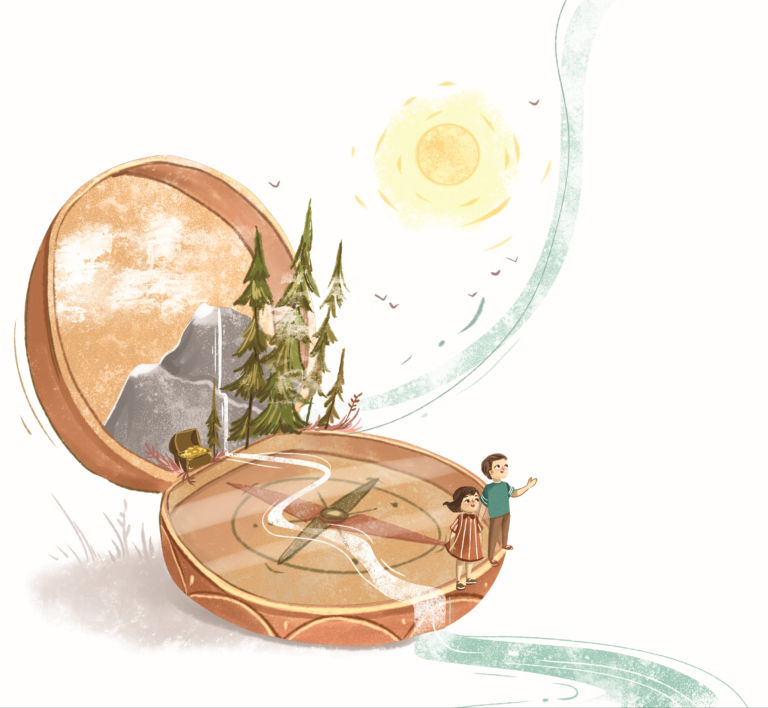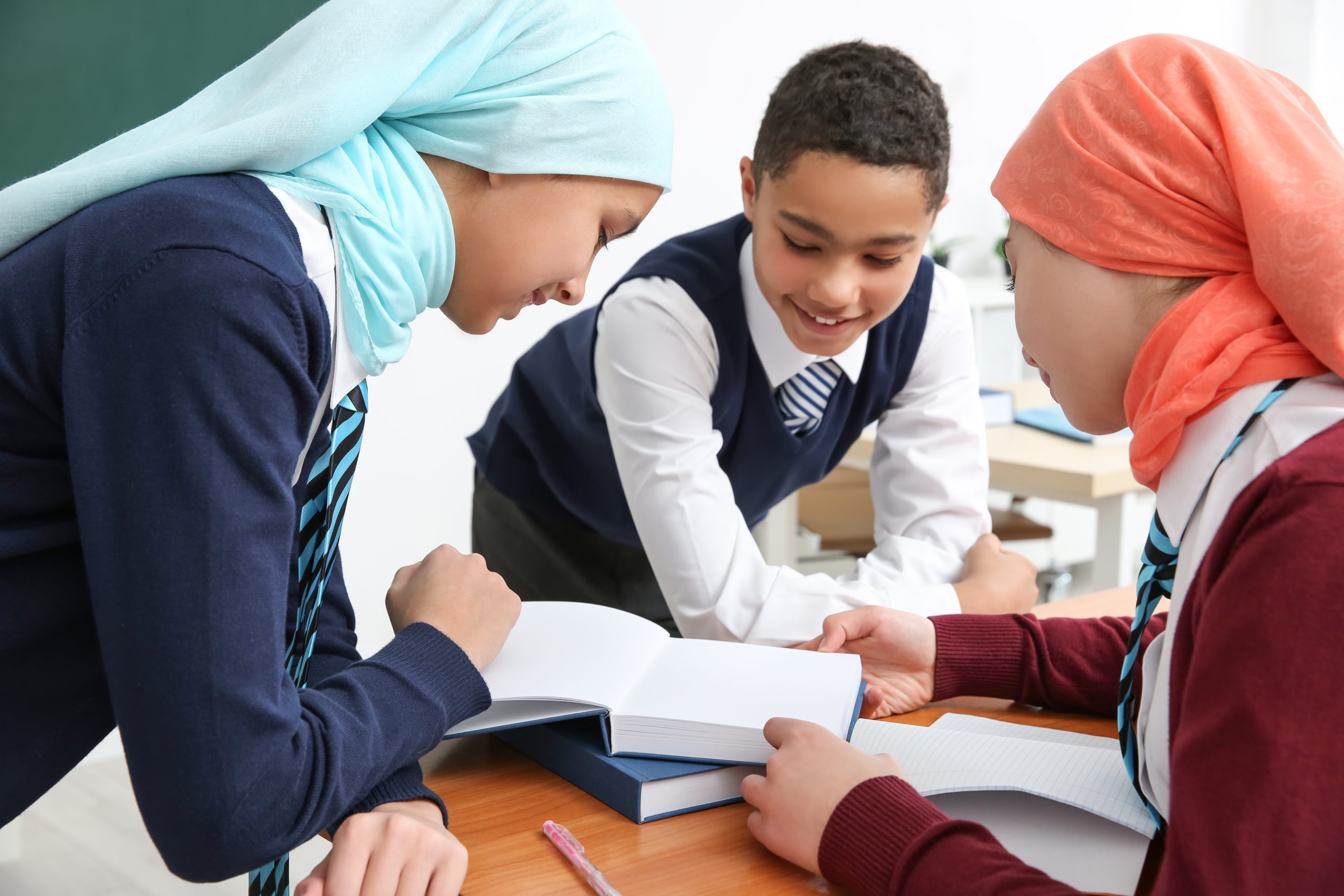
Born and raised in a colonized country, most of the reading material I was exposed to as a child was based on western culture. Something all the reading material I read seemed to have in common was the practice of parents reading their children to sleep. My experience with western literature influenced me to believe that was how children interacted with reading, parents were meant to read to children rather than children reading on their own or under the guidance of their parents. However, as an adult and student in the field of behavioral sciences, I can now see the benefits of reading especially at an early age.
As a child, when pleading with my mother to read to me as I fell asleep, I never focused on anything beyond the surface value of a story. I did not know then that my request to read during bedtime would be a missed opportunity to expand my vocabulary. Children can more easily retain, recall, and learn new word applications if they directly interact with the stories they read. As a result, a child’s written and spoken language skills improve.
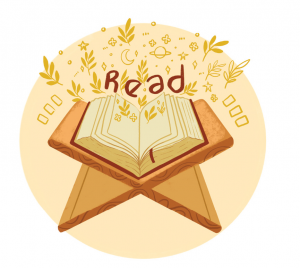
Improving language skills is the foundation of literacy. In time, because a child’s writing and reading skills develop, so does their academic performance. The beauty of reading is the knowledge we gain from it. Growing up, I did not realize that the stories I read would store in my mind in different formats. The stories could be transformed into information, vocabulary, or knowledge which helped me communicate better.
As a child’s mind stores different aspects of reading material, the variety of information ultimately leads to a more enjoyable learning experience.
I can confidently say that the benefits of reading stretch beyond a classroom. One of the best parts of a story is the main characters, whom I always found very relatable. For most children, storybook characters could serve as role models on paper. Protagonists teach what is right, introduce the concept of personal goals and explain the importance of seeing those goals through.
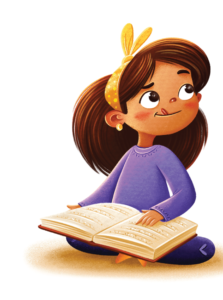
On the other hand, the perspective of an antagonist shows the outcome of wishing ill upon others or committing malicious acts. I realized that books strengthened the moral values I learned by showing me the consequences of not upholding a moral standard. The more relatable I found the protagonists in a story, the more I wanted to be like them, the more I wanted to emulate them. Have you noticed the same with your child?
The role models children grow up to want to become are the ones they see, read about, and admire. The characters: protagonists, antagonists, and even the supporting roles may sometimes stand out and have a powerful impact on the kind of people children want to be when they grow up depending on what they stand for, morals they have, and how they treat others. The entire experience as well as the stories themselves solidify or shape young identities, imprinting on a child’s personality.
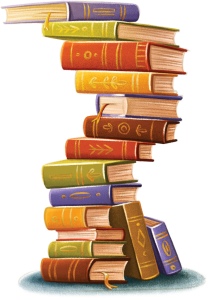
Despite a nurturing reading experience, my reading materials lacked two critical components: representation of Islamic faith and Muslim characters.
As a Muslim girl growing up, I struggled to find content that would help me connect and relate to what it was like for other Muslim children like me growing up. The majority of the available books touched on a modern world that barely had a glimmer of religion, let alone Islam.
Although Muslim kids’ stories were not a part of my childhood, they can be part of your child’s experience. Atlasia Kids combines the needs of a growing child and highlights Islamic values. Atlasia calls upon the shared experiences of Muslim children, their families, and collective values from the Quran and Sunnah. Atlasia Kids provides a safe space where children can expand their thinking capacity and build their reading skills as Muslims. Illustrations in Atlasia represent Muslim children from many walks of life. The different stories go the extra mile to show the clothing, cultures, places, and imagery of representative characters. The content in this magazine is fit for the whole family!
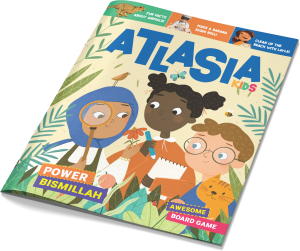
Reading deserves to be a huge part of a child’s development. Literacy eases learning, encourages creativity, and nourishes personal development. Furthermore, when a parent gets involved, reading creates a magical opportunity for bonding.
We at Atlasia Kids are honored and privileged to offer all the benefits of reading, catered to Muslim children as they learn about faith. I am thrilled to play a part in helping our readers become strong members of their own communities, of becoming Atlasians!

![Ring in the New Year! [the Atlasian Way]](https://atlasiakids.com/wp-content/uploads/2022/11/DOL_november_03-01-768x518.png)
